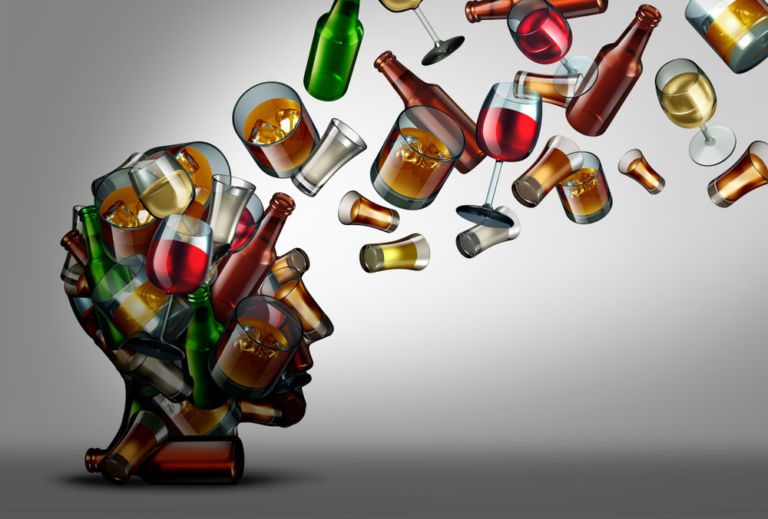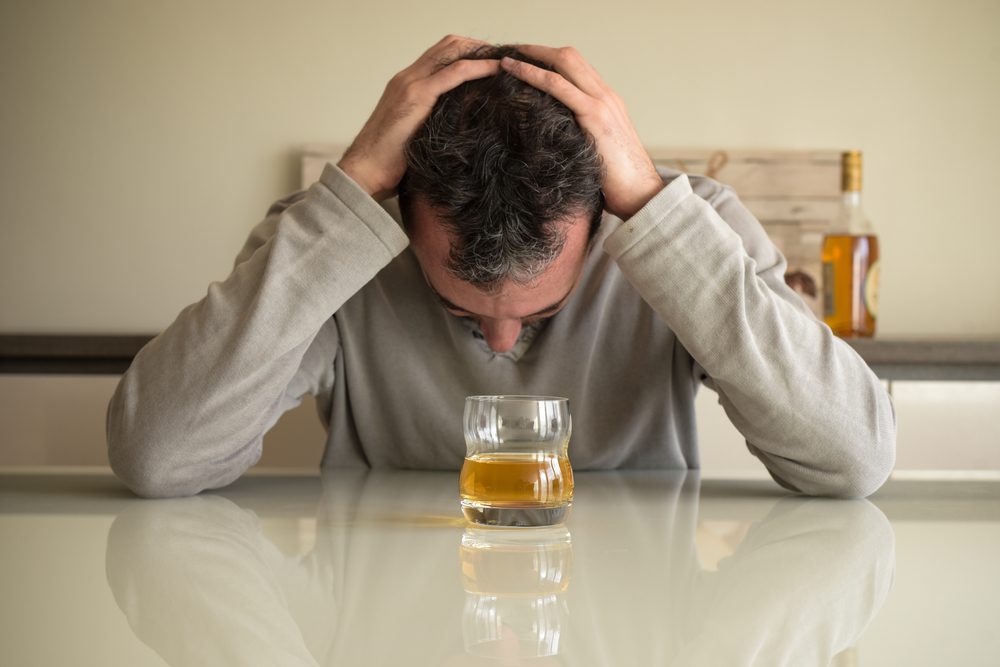Can Medical Marijuana Be Used to Treat Alcoholism?
Previously, we talked about the effects of mixing alcohol and marijuana. This time, we’re going to discuss the following question: does marijuana help with alcohol withdrawal?
Alcohol Use Disorder
Alcoholism is referred to today as Alcohol Use Disorder (AUD) and is defined as a dependency or an addiction to alcohol.
At this point in time, the cause of alcoholism is unknown. What we do know is that it affects 107 million people globally, and causes chemical changes in the brain that actually make drinking alcohol more pleasurable than for the rest of the population. This causes people with AUD to desire alcohol to the point where it can be harmful.
However, as a person’s alcohol use and tolerance grow, the feelings of pleasure associated with alcohol use lessen. At this point, physical dependence on alcohol is common and results in unpleasant withdrawal symptoms if alcohol is not consumed in the usual amounts.
These symptoms can be so severe that people find themselves drinking just to stave them off – even if their drinking harms their health, relationships, or career.
The symptoms of alcohol withdrawal include:
- Anxiety;
- Body tremors;
- Headaches;
- Nausea;
- Insomnia
And in severe cases, can include:
- Seizures;
- Hallucinations and delusions;
- Fever;
- Racing heart and high blood pressure
Medical Marijuana for Alcoholism Treatment
Today, the relationship between medical marijuana and alcoholism remains somewhat unclear. While we have some research, much of the information on the subject is anecdotal.
What we do know is that medical marijuana can help with some symptoms of alcohol withdrawal: specifically nausea, headaches, and insomnia.
As far as alcohol recovery and medical marijuana for pain, cannabis may be able to help with pain relief for nerve damage-related discomfort related to what’s known as alcoholic neuropathy. Over time, alcohol use damages the peripheral nerves, which leads to alcoholic neuropathy and includes symptoms ranging from mild to total disability.

Can Cannabis Treat Alcoholism?
Can Marijuana Prevent the Damage Caused by Alcohol?
Long-term exposure to alcohol use results in cell injury/death of brain tissue, largely due to inflammation. Because of medical marijuana’s anti-inflammatory properties, it doesn’t seem out of the question that cannabis might help.
But unfortunately, it appears medical marijuana cannot prevent the damage to the brain caused by long-term alcohol use, as demonstrated in a recent study.
In terms of liver damage, there is some evidence of a correlation between cannabis use and having a lower chance of liver damage or cancer caused by alcohol use. The anti-inflammatory properties of cannabinoids contained in marijuana work against the inflammation caused by alcohol consumption.
However, marijuana use was actually shown to make liver disease worse in people with hepatitis C. And for individuals experiencing depression while recovering from AUD, marijuana use was shown not to help and possibly make the depression worse as well.
Can Medical Marijuana Help People To Stop Drinking?
A 2014 study examined the viability of medical marijuana as a replacement therapy (sometimes known as marijuana management) for individuals with AUD. The study used seven criteria, such as reducing health harms and lowering alcohol consumption, and all seven were at least partially met.
However, the results indicated that it is premature to recommend marijuana as a substitute for alcohol as there are no clear patterns of outcomes.
Furthermore, critics of replacement therapy speculate that participants would just be replacing one bad habit with another. Another concern is the possibility of participants developing a cannabis use disorder as well.
If you have questions about medical marijuana and alcoholism, consult with your doctor to determine if marijuana is a suitable option for you.
If you do not have a doctor and would like to consult with one of our specialists, book an appointment in Drnatmed.
Also, find out more about medical marijuana for pain.

